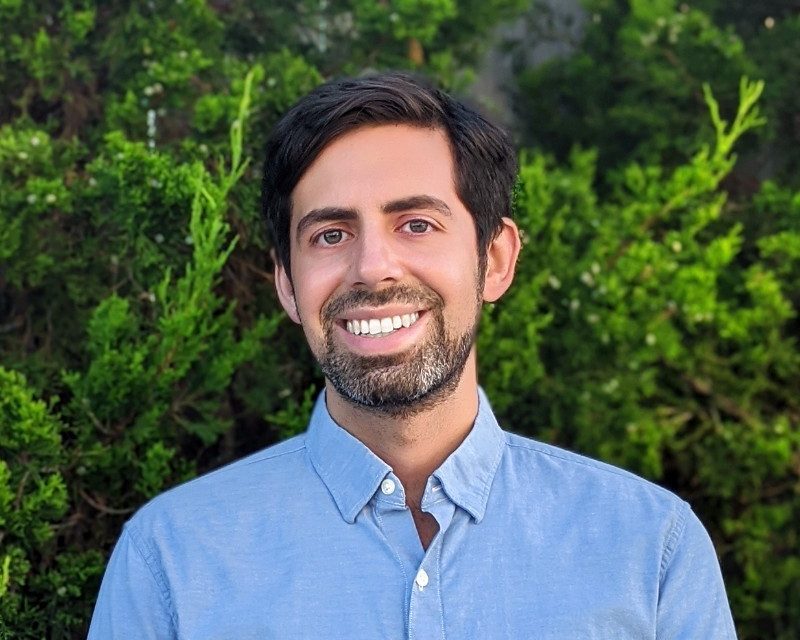
What’s the role of aneuploidy in cancer – Jason Sheltzer
Check out our new study in Science, where we take on a 100-year-old debate – what’s the role of aneuploidy in cancer?
We discovered that genetically removing aneuploid chromosomes from cancer blocks malignant growth – a phenomenon we call “aneuploidy addiction”. https://lnkd.in/e-7WBXdG
My lab developed a CRISPR-based chromosome engineering technique that we call “ReDACT” that allows us to eliminate specific aneuploid chromosomes from human cancer cells. Using ReDACT, we created genetically-matched cancer cell lines that had or lacked common cancer aneuploidies, including trisomies of chromosome 1q, chromosome 7p, and chromosome 8q. We discovered that genetically eliminating specific aneuploidies – particularly trisomy 1q – almost completely abolished malignant growth across different cancer types. Cells with 1q trisomies formed large tumors in mice, but congenic cells lacking this trisomy failed to grow!
What causes this selection for 1q aneuploidy? We noticed that 1q-gains tended to be mutually-exclusive with p53 mutations in human tumors, and in our cell lines, eliminating 1q trisomies activated p53. Put together, this suggested that 1q gains suppress p53 signaling. We traced this to the 1q gene MDM4. Deleting a single copy of MDM4 in trisomic cells increased p53 signaling and decreased fitness. Over-expression of MDM4 in 1q-disomic cells was sufficient to suppress p53 and increase growth.
Finally, using our genetically-matched cell lines, we showed that “aneuploidy addictions” cause collateral vulnerabilities to specific anti-cancer compounds. For example: UCK2 is a nucleotide kinase encoded on chromosome 1q, and cells with 1q aneuploidy almost always have higher levels of UCK2 expression. UCK2 is known to phosphorylate and activate certain nucleotide prodrugs, like RX-3117. Consequently, we found that 1q-trisomic cells were killed by doses of RX-3117 that had minimal effect on 1q-disomic cells. This was specifically due to the increased dosage of UCK2, as we could restore RX-3117 resistance by deleting a single copy of UCK2.
So, we think that aneuploidy isn’t just a “bystander” or a “passenger” in cancer cells. It actually plays a central role in the malignant process. Chemical strategies to target specific aneuploid chromosomes could represent a new therapeutic approach for aggressive tumors.
I’m grateful to Vishruth Girish, Asad Lakhani, Sarah Thompson, Christine Scaduto, Ruping Sun, Alison Taylor and many others who contributed to this work!
